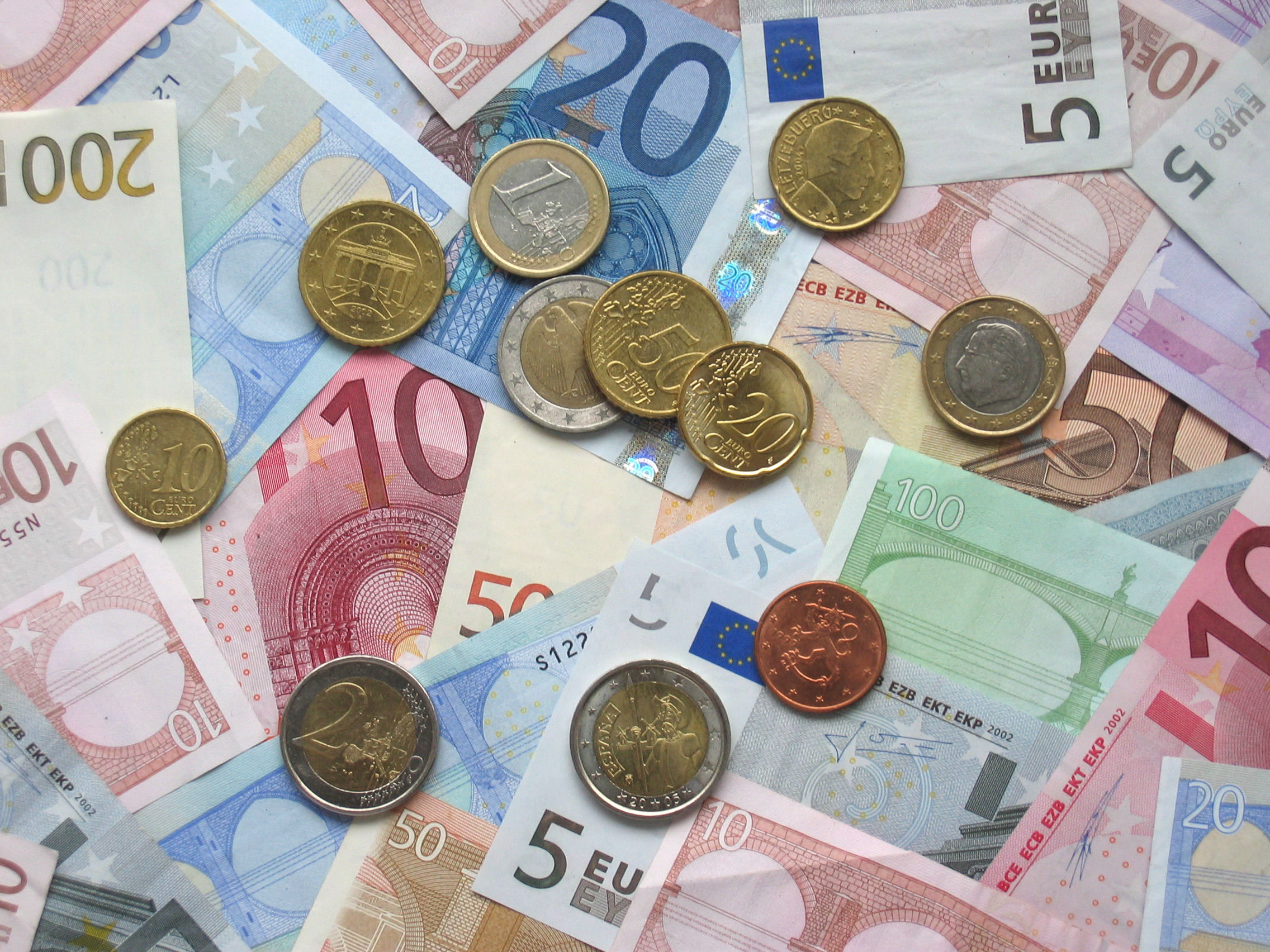A new study says every dollar spent on vaccination saves up to $44 dollars by reducing healthcare spending and productivity loss, and curbing the broader economic impact of illness.
Immunisation prevents illness and death from vaccine-preventable diseases. We’ve known this for a long time.

It has also been widely accepted that vaccination is a cost-effective public health intervention. And, it is in low- and middle-income countries where the scope for making a dramatic impact by investing in immunisation is greatest.
The World Bank sees immunisation as a ‘development tool’ and Gavi, the vaccine alliance, has said the power of vaccines is almost equal to primary education.
Now, a new study by researchers at the Johns Hopkins Bloomberg School of Public Health, published in the Health Affairs journal, examines at the economic benefit of vaccines in 94 low- and middle-income countries using projected vaccination rates from 2011 to 2020.
When looking only at costs associated with illness, such as treatment costs and productivity losses, the return was $16 for every dollar spent on vaccines. In a separate analysis taking into account the broader economic impact of illness, vaccinations save $44 for every dollar spent.
“Vaccines are an excellent investment,” says lead author Dr Sachiko Ozawa, Department of International Health at the Bloomberg School. “But to reap the potential economic rewards, governments and donors must continue their investments in expanding access to vaccines.”
The study assessed 10 vaccine-preventable infections: Haemophilus influenzae type b, hepatitis B, human papillomavirus, Japanese encephalitis, measles, Neisseria meningitis serogroup A, rotavirus, rubella, Streptococcus pneumoniae and yellow fever.
“Our findings should encourage donors and governments to continue their financial investments in immunization programs. But we must keep in mind that these are estimates that assume immunization coverage continues to expand and improve,” Dr Ozawa says.
Everyone can benefit
While the power of immunisation is most profound in poorer countries, developed nations can also benefit.
A study of seven vaccine-preventable diseases – in people aged 50 years and older in the Netherlands – shows that for every €1 invested in immunisation programmes, the return is around €4.
Dr Mark Connolly of Global Market Access Solutions, who conducted the research, says spending on vaccines can save on health costs but also reduces the number of days missed from work.
“When people become disabled it has a double effect. Not only do governments lose the tax revenue from a person who was gainfully employed, but there can also be disability associated with that which can cost governments $20,000 or $30,000 a year,” he says.
The World Health Organisation’s Regional Office for Europe has published several reports and infographics to help immunisation programme managers communicate the value of vaccination to decision-makers.
Wherever you are in the world, prevention pays.





Jaqi Holcombe
November 1st, 2018
This page is very interesting, but how do I cite it for a paper in MLA format? Please help.
andrea
August 7th, 2019
“Vaccines Save Lives – and Money.” VaccinesToday, 18 Apr. 2019, http://www.vaccinestoday.eu/stories/vaccines-save-lives-and-money/.
Pingback
July 7th, 2021
[…] Vaccines Save Lives – And Money https://www.vaccinestoday.eu/stories/vaccines-save-lives-and-money/ […]